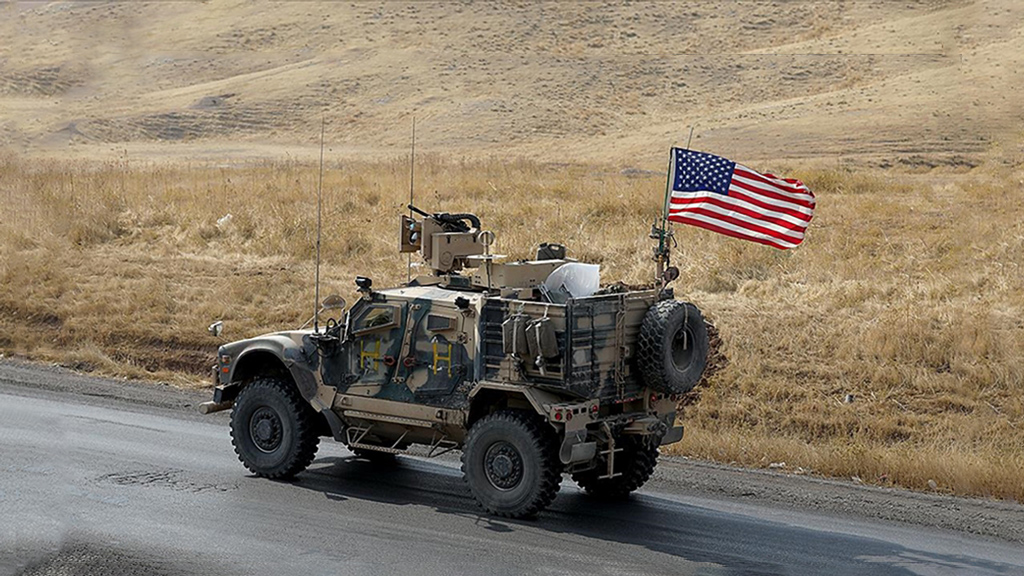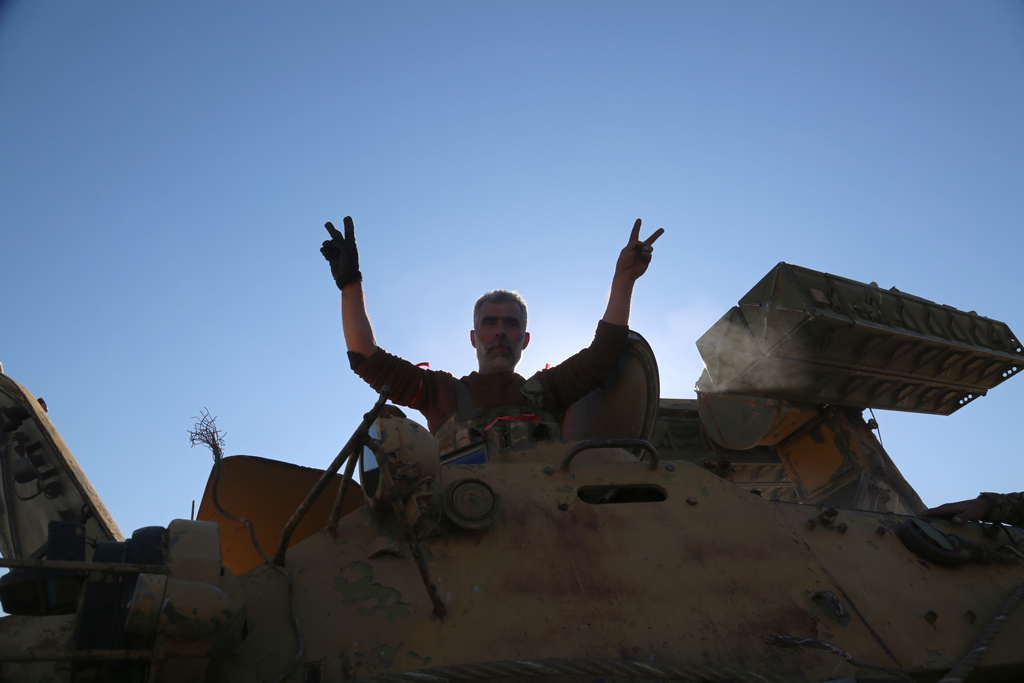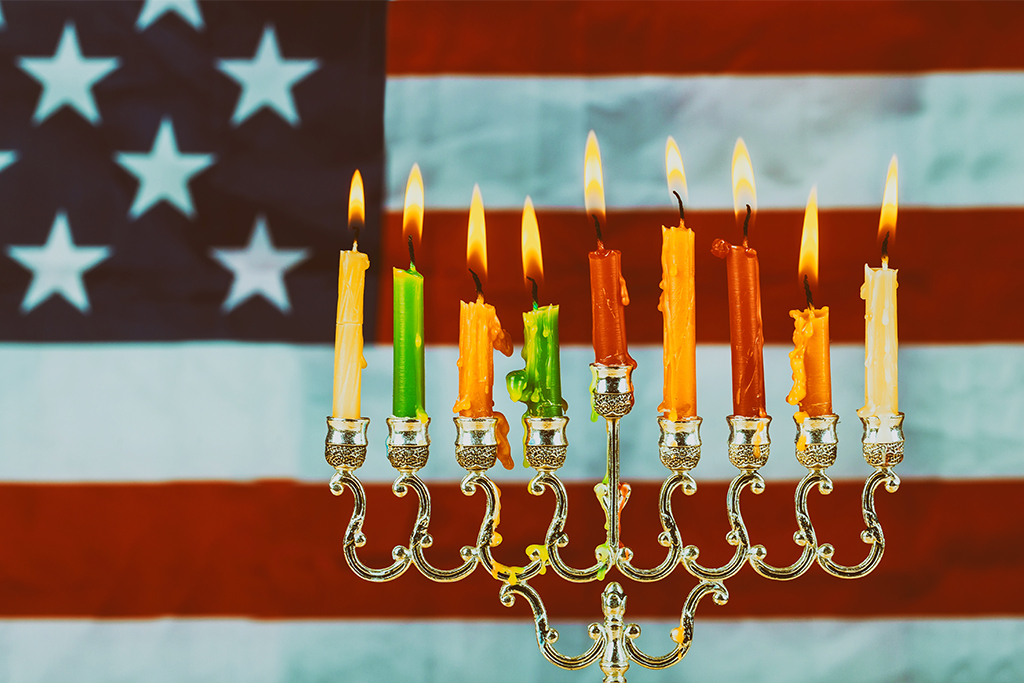“Russia is the most reliable partner of the Islamic world and the most faithful defender of its interests,” Russian President Viladimir Putin said in 2005 in Chechnya’s capital of Grozny. Putin made this statement in the first session of the local parliament in Grozny. Given the place and its brutal history, what the Russian president has said is seriously ironic. But the story does not stop here.Russia’s desire to straighten its record with the Muslim world has gained visible momentum in the last few years. In 2005, Russia was granted observer status at the Organization of the Islamic Conference, the largest international organization in the Islamic world, representing 57 Muslim countries.
Both the Turkish government and Ekmeleddin Ihsanoglu, the secretary-general of the OIC, played a key role in this historic decision. In March 2006, Russia received a delegation of Hamas leaders after Hamas came to power in Palestine. With this, Russia reiterated its position as a “true and honest” broker for the Israeli-Palestinian conflict. According to the Council of the Muftis of Russia, the Russian Federation has a population of 23 million Muslims out of 144 million people. Russia is predominantly Orthodox; yet Muslims have lived in Russia for centuries. In fact, Islam predates Christianity in many parts of Russia. The number of Muslims in Russia is almost the size of the total number of Muslims living in Europe. That the majority of these Muslims are also of Turkish decent makes Russia of particular importance for Turkey. Furthermore, trade relations between Turkey and Russia have gone through the roof in recent years. Besides population and economics, political realities bring Russia and the Muslim world closer to one another. Yet there are issues that set them apart. Russia’s not-so-gentle policy towards its Muslim population and its bloody interventions in Chechnya are two major sticking points. Muslim countries and especially Turkey currently pretend to ignore the problems and stress the positive side. But they all know what a deep scar the Chechen war has left in the minds and hearts of Muslims across the world. Despite all these problems, what appears to be leading towards an undeclared alliance between Russia and some Muslim countries is the power balance in the Security Council of the UN. The reckless and arrogant policies of the United States have made Russia a natural ally of many Muslim nations including Turkey, Iran, Egypt and even Saudi Arabia. Russia’s open criticism of American policies in the Middle East are major capital for its policy of rapprochement with the Muslim world. Saudi Arabia in particular considers developing relations with Russia as a major counteroffensive against the accusations that the kingdom has unconditionally surrendered itself to the US. High-level visits between the two countries are likely to increase in 2007. According to some commentators, the driving force behind Russia’s new Islamic world initiative is its desire to stem anything like a Russian 9/11. In the post-9/11 world where the US has lost its credibility and a major power vacuum has come about, Russia needs stability and profitable alliances. Russia is neighbor to more Muslim countries than Baltic or European countries. So this is understandable. But many fear that what Russia is after is a kind of “Russian Islam,” i.e., a soft, submissive, ‘moderate’ Islam that will support Russia’s so-called war on terror and keep silent over demands for democratization, human rights and freedom of religion. The irony is that this rhetoric is so reminiscent of the American discourse that its chances of having any credibility in the larger Muslim world are very slim. Unless, of course, Russian President Putin decides to take some bold steps to improve the state of Muslim minorities before his term ends in 2008. To address some of these issues, a meeting is being held in Istanbul today. The meeting is being convened by the Russia








